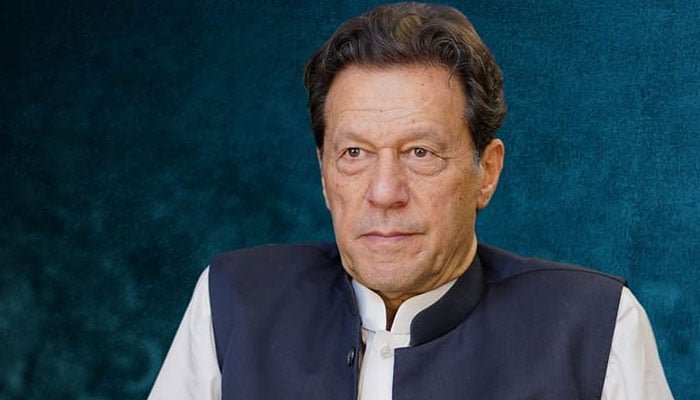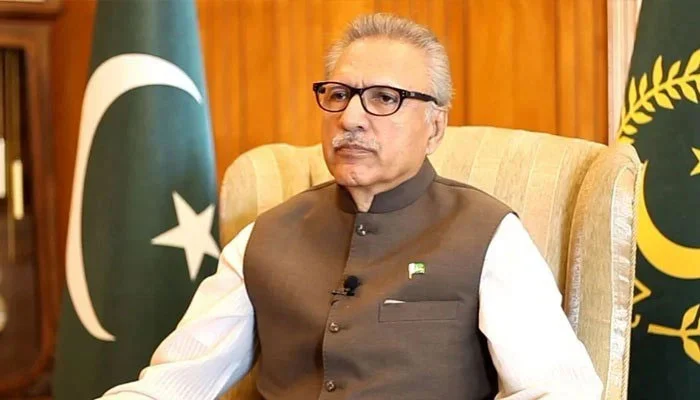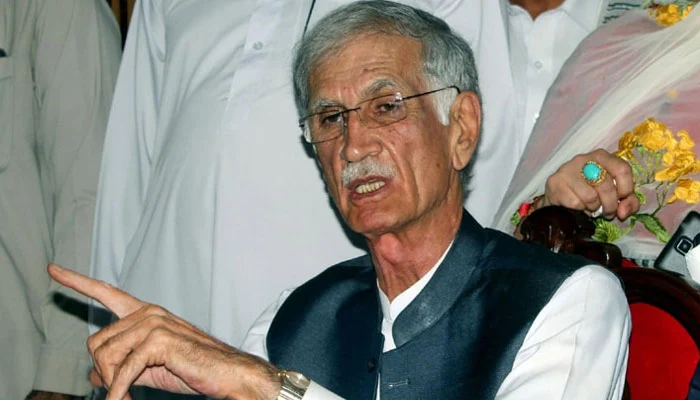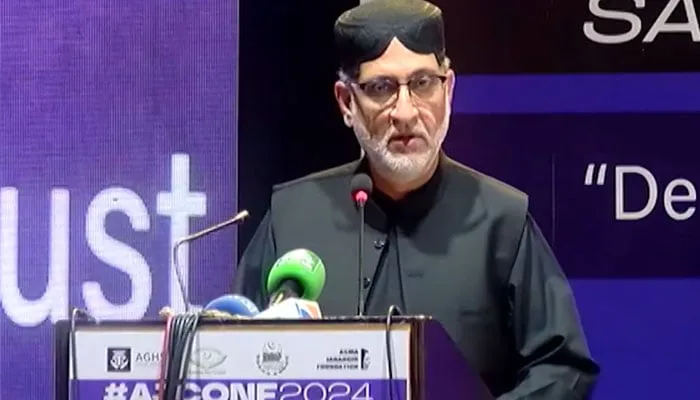Pakistan Tehreek-e-Insaf (PTI) Chairman Imran Khan has announced his intention to challenge the election results in the Supreme Court. In an informal conversation with journalists at Adiala Jail, he hinted at future political scenarios, including the potential appointment of Ali Amin Gandapur as Chief Minister of Khyber Pakhtunkhwa, without finalizing a name for the Prime Ministerial position.
Khan asserted that there would be no alliances with Pakistan Muslim League-Nawaz (PML-N), Pakistan Peoples Party (PPP), or Muttahida Qaumi Movement (MQM), emphasizing a directive to engage with all political parties. He expressed concerns over the credibility of the electoral process, labeling some participants as major money launderers, warning of potential economic instability resulting from the elections.
Responding to a question about Nawaz Sharif and Maryam Nawaz conceding defeat, Khan criticized their press conference, alleging minor irregularities in previous elections but asserting that such a significant level of malpractice was unprecedented in the country’s history.
Khan’s announcement to challenge the election results underscores his commitment to transparency and fair governance. By initiating legal action, he aims to uphold democratic principles and ensure accountability in the electoral process. Additionally, his reluctance to form alliances with traditional political parties reflects a desire for independent governance and a departure from established political norms.
The potential appointment of Ali Amin Gandapur as Chief Minister of Khyber Pakhtunkhwa signifies a strategic move to strengthen PTI’s position in the region. Gandapur’s selection aligns with Khan’s vision for competent leadership and effective governance, potentially setting a precedent for merit-based appointments in other provinces.
However, Khan’s remarks about potential economic instability raise concerns about investor confidence and the country’s financial stability. His characterization of political opponents as money launderers adds a contentious element to the post-election discourse, highlighting the deeply polarized nature of Pakistani politics.
In conclusion, Imran Khan’s decision to challenge the election results and his subsequent statements provide insights into the evolving political landscape of Pakistan. As the country navigates through a period of transition, Khan’s actions and rhetoric will shape the trajectory of governance and democracy in the coming years.



